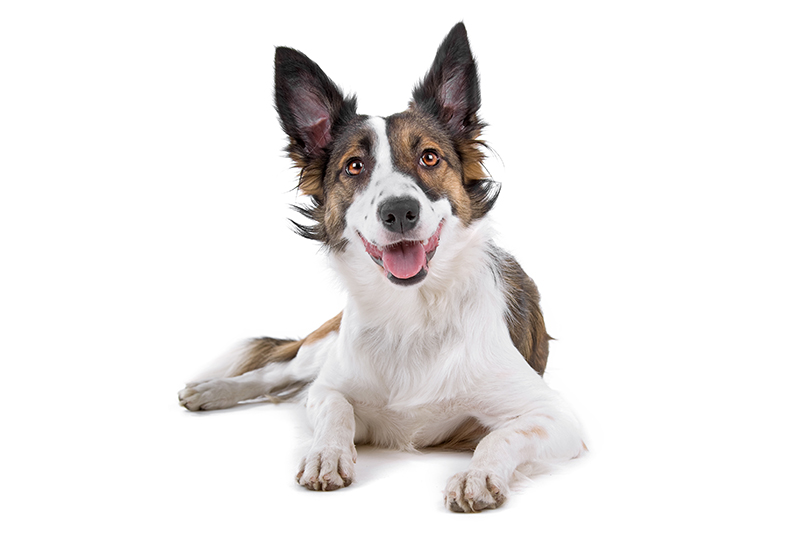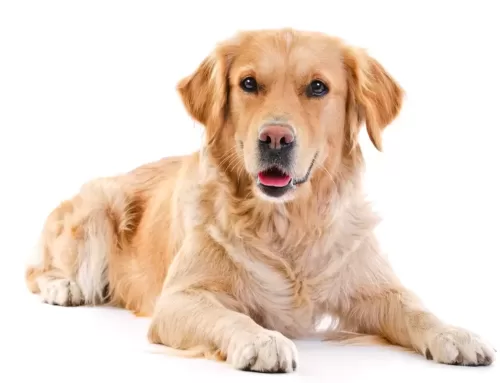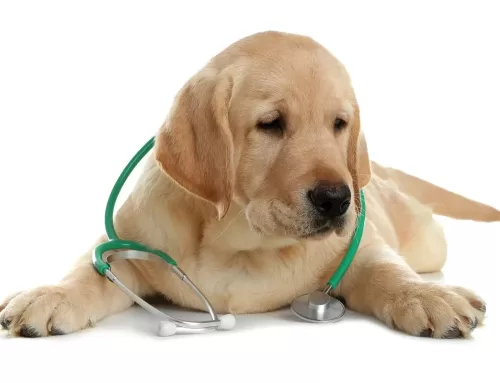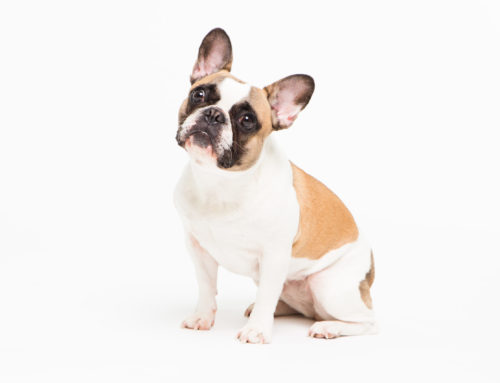What is Parvo?
Canine Parvovirus is a highly contagious enteric virus. The virus attacks the dog’s gastrointestinal tract, bone marrow and heart causing them to become severely ill. Parvo can affect all dogs, but young puppies, unvaccinated or under-vaccinated dogs are at greatest risk.
How is Parvo transmitted?
A dog can become infected by the Parvo virus by a direct dog to dog contact, contaminated feces in the yard, kennel surfaces, bedding, food and water bowls or even people who have come in contact with infected dogs. Once the Parvo virus is in the environment, it can survive for a long period of time because it is resistant to hot, cold and dry climates.
What is the incubation period for Parvo?
When a dog becomes infected with the Parvo virus, they usually show signs of illness within 3-5 days. However, the incubation period can be up to 14 days. Dogs can begin to shed the Parvo virus from their feces 3-4 days even before they show clinical signs of illness.
What are the signs of Parvo?
Once infected, dogs will have a sudden onset of lethargy, vomiting, diarrhea – often bloody diarrhea, fever, severe dehydration, hypothermia and abdominal pain. As the disease progresses, it will cause severe damage to the intestines and the immune system which could lead to death. If your puppy shows any of these signs, immediately contact your veterinarian.
How is Parvo diagnosed?
Parvo virus can be diagnosed by several methods which will be determined by your veterinarian. Canine Parvo Virus is often detected by ELISA (enzyme-linked immunosorbent assay) which takes less than 15 minutes to get a diagnosis. This test has high accuracy, but false positive or false negative can occasionally occur. Your veterinarian will determine if further testing is necessary such as PCR (polymerase chain reaction) which detects viral DNA of the Parvo virus. In addition to the Parvo test, your veterinarian may run a complete blood count and chemistry lab test because the Parvo virus infects the bone marrow.
How is Parvo infection treated?
Because Parvo is a virus, there is no specific treatment that can cure the disease. Therefore, treatment is geared towards supportive therapy so the body’s own immune system can fight off the viral infection. Your veterinarian may immediately start therapy to combat dehydration, controlling vomiting and diarrhea and treat the secondary infection with antibiotics. Aggressive treatment is necessary for a successful outcome, but despite the best efforts, some dogs will not survive.
Preventing the spread of Parvo virus.
Parvo virus is highly contagious so infected dogs must be isolated to prevent the spread of infection. To control the spread of infection, proper decontamination is necessary for all areas where the Parvo infected dog has been. The virus is difficult to kill in the environment so please consult your veterinarian for proper disinfecting instructions.
Preventing parvovirus
Proper vaccination is critical to help prevent infection. Vaccines must be given at the appropriate time and in the proper intervals until the appropriate age. Your veterinarian will advise you on proper vaccine protocol for puppies and dogs. Until your puppy or dog has received the proper series of vaccines, avoid areas where dogs congregate such as dog parks, daycare, pet stores, grooming facilities, and training classes. If you come in contact with other dogs or puppies, even if they are not showing outward signs of Parvo, wash your hands and change your clothes before you touch your puppy.
What can I do to help ensure that I get a healthy puppy?
If you purchase a puppy from a breeder, ask the breeder for proof of vaccines for the puppy and for all of the pets in the household. It is important that all pets are vaccinated appropriately so the puppies are not at risk of contracting Parvo virus from other dogs in the household. If you are adopting a pet from the shelter, records may not be available so it is more important that you have your pet be seen by your veterinarian as soon as possible. Regardless of how you obtained your puppy, have your puppy examined by your veterinarian within the first 24 hours. Monitor your puppy for any signs of lethargy, inappetence, or loose stool and call your veterinarian immediately if you notice anything abnormal.
As with most illnesses, early diagnosis and treatment are most important to help overcome the disease. When you bring that cute little puppy home, contact your veterinarian in Carrollton for a puppy exam or contact Vetsavers Pet Hospital for a free first puppy exam.






